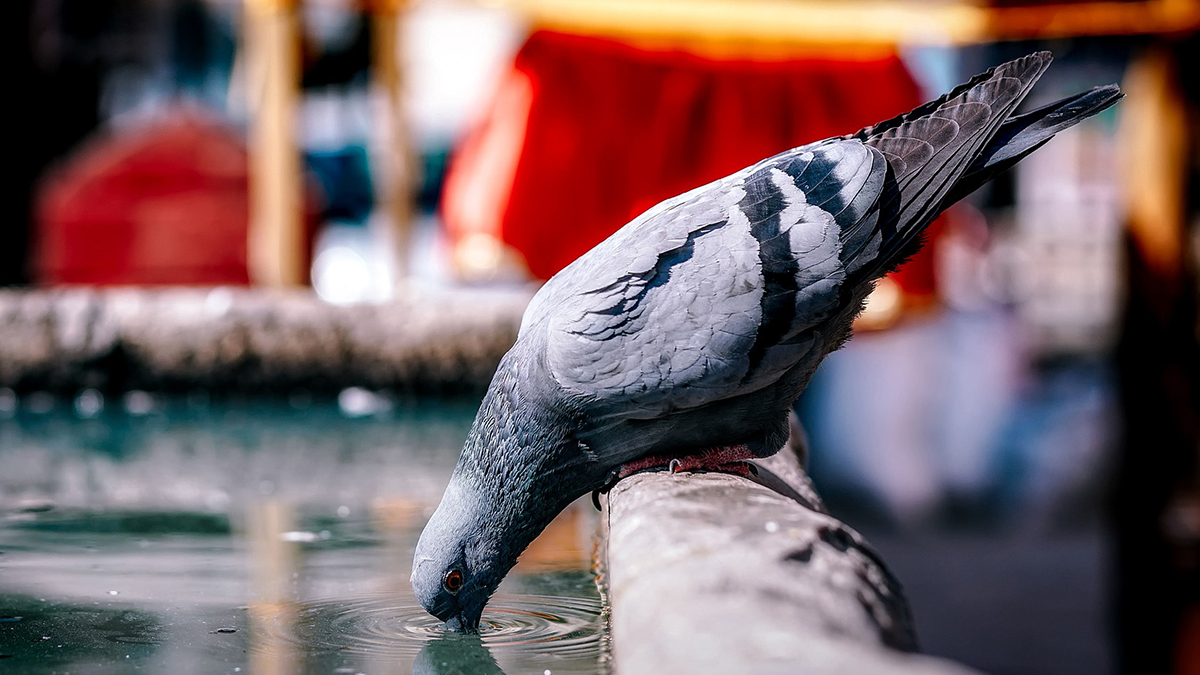Pigeons with missing toes is a fairly common phenomenon in European cities like Paris and London. But what's the cause?

A team of scientists from France’s National Museum of Natural History (MNHN) and the University of Lyon decided to look into it and found that human hair is the culprit.
How the study began
In an interview with CNN International, the MNHN’s Frédéric Jiguet said he came up with the idea for the study after "noticing mutilated pigeons as he walked through the Jardin des Plantes, a botanical garden, in Paris.”
While studying numerous sites around Paris, the team recorded the instances of “stringfeet,” which occurs when pigeons get human hair wrapped around their toes as they walk around.
They noticed a pattern that in neighborhoods where there are hair salons, the more instances of stringfeet.
“The string might just fall, but sometimes it forms a knot around a toe, and in the end the toe dies and falls off,” Jiguet told CNN International.
This came as a surprise to the scientists who had originally hypothesised that "mutilations would be predicted by local overall environmental conditions, potentially related to local organic, noise or air pollutions, so gathered such environmental predictors of urban pollutions".
"We showed that mutilations do not concern recently fledged pigeons, and that their occurrence and frequency are not related to plumage darkness, a proxy of a pigeon’s sensitivity to infectious diseases.
“Toe mutilation was more frequent in city blocks with a higher degree of air and noise pollution, while it tended to increase with the density of hairdressers.
"In addition, the number of mutilation on injured pigeons was higher in more populated blocks, and tended to decrease with increasing greenspace density, and to increase with air pollution.
"Pollution and land cover changes thus seem to impact pigeon health through toe deformities, and increasing green spaces might benefit bird health in cities.”

Source: Online